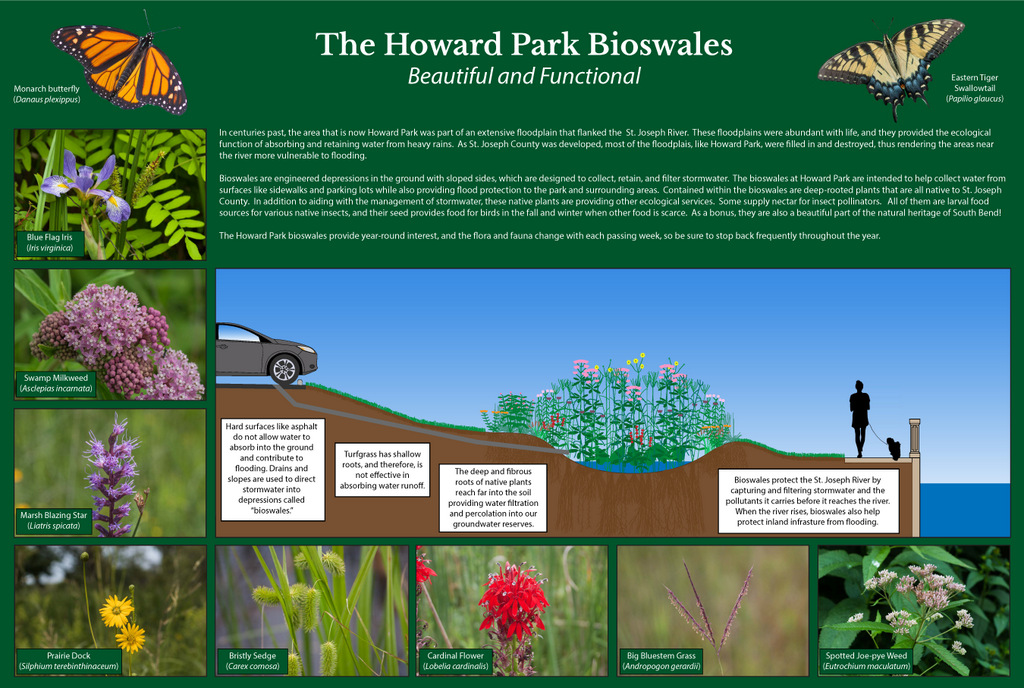Localized Ecological Solutions for a More Sustainable Planet
Ecometrid seeks to eliminate common pitfalls by providing a superior service. We accompany every project with unprecedented detail, care, and personal involvement. Lack of community and stakeholder buy-in can quickly sink worthy project, making education, outreach, and public relations integral to everything we do. We often monitor worksites weekly and adjust management plans to meet changing conditions and challenges. Lastly, we back up our commitments with written updates and work logs.

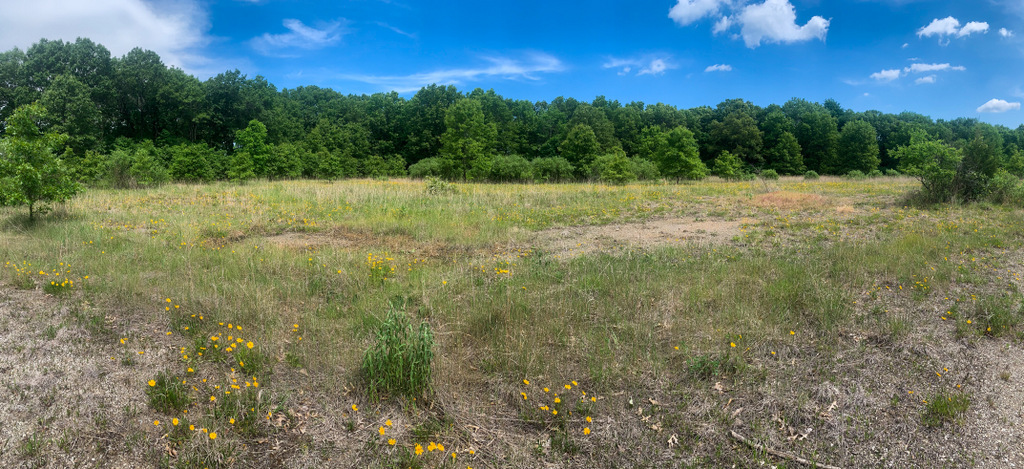
Are you interested in improving the ecological health of a property you own or manage but don’t know where to begin? We can help. A habitat assessment from Ecometrid will provide you with the knowledge needed to make informed decisions on how to best care for your property.
The preservation and restoration of our remaining natural lands are perhaps the most vital work of our lifetimes. With less than one percent remaining, their continued destruction places plant and animal species at increased risk of extinction, deprives future generations of the ability to experience the natural world, and poses an existential threat to human survival. Although most of our region’s sizeable remaining natural areas have some degree of protection in the form of parks and nature preserves, preserving smaller parcels has become increasingly necessary. Once they are gone, there is no bringing them back.
We excel in helping property owners and managers restore and steward these smaller-scale but ecologically significant parcels. Many belong to cities, towns, townships, schools and other corporations, and private individuals who lack the knowledge and resources to care for them. Guided by established scientific principles, thorough research, and a desire for unmatched customer satisfaction, we approach these restoration projects with the expertise of ecologists and the dedication of community members and partners.
Unfortunately, most of our projects aren’t restorations. Once development and other human-caused factors destroy natural habitats, restoring them to their prior condition becomes impossible. Unseen to most human eyes, millions of insects, nematodes, fungi, protozoa, bacteria, and other minute soil organisms help sustain and regulate healthy ecosystems. Humankind has not yet developed the means of creating what took nature thousands of years to build into ecological equilibrium.
Even with the unattainable feat of restoring destroyed natural areas, there are still tremendous benefits to habitat creation projects. Removing exotic plant materials such as turf grass and invasive ornamentals and replacing them with indigenous flora benefits the entire food chain. Strategically placed rain gardens hold and filter water, thus improving our rivers and streams. Correctly implemented, even small native plant gardens provide food and shelter for beneficial insects, birds, terrestrial mammals, and amphibians.
Our focused attention to detail is what sets our habitat creation projects apart. Before we dig the first hole or sow the first seed, we have a well-thought-out plan that considers client expectations, existing site conditions, historical ecologically, future management, and many other factors. Learn more about our seven-step process here.
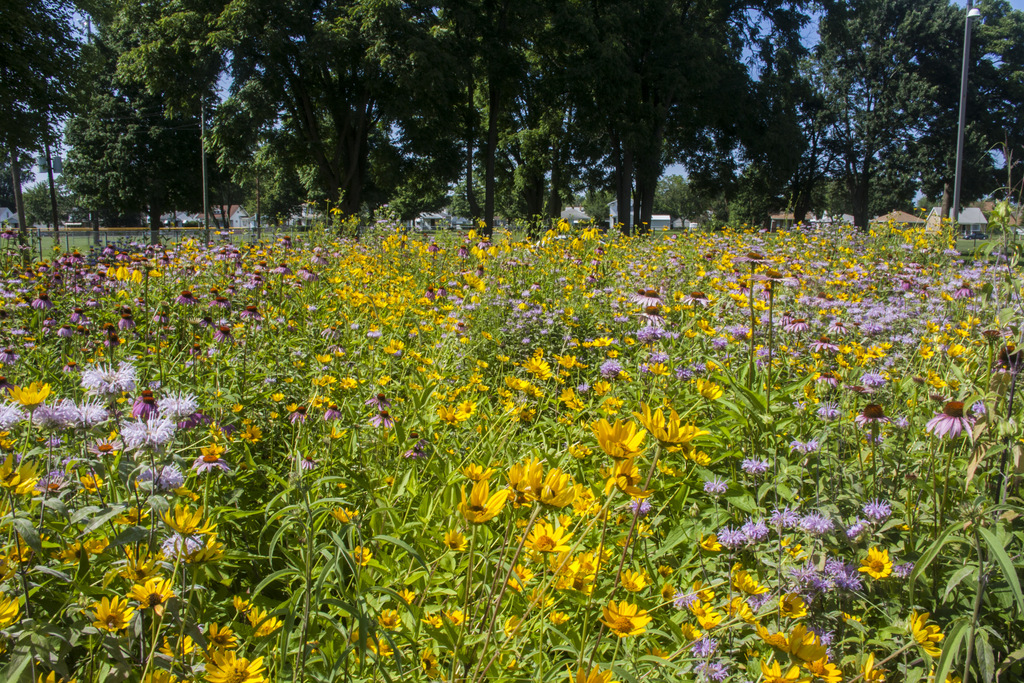
Stewards of natural areas recognize the importance of having accurate inventories of their property’s plants and animals. This knowledge allows them to make informed management decisions for the lands they oversee. Furthermore, monitoring populations over time provides data that allows land stewards to track the success of their management protocols.
For those occasions when staff limitations and other factors prevent land stewards from conducting this research in-house, Ecometrid offers supporting services to help keep your data collection on track and on time. Our services include baseline plant inventories and rare species monitoring, breeding and other bird surveys, and amphibian and Lepidoptera monitoring.
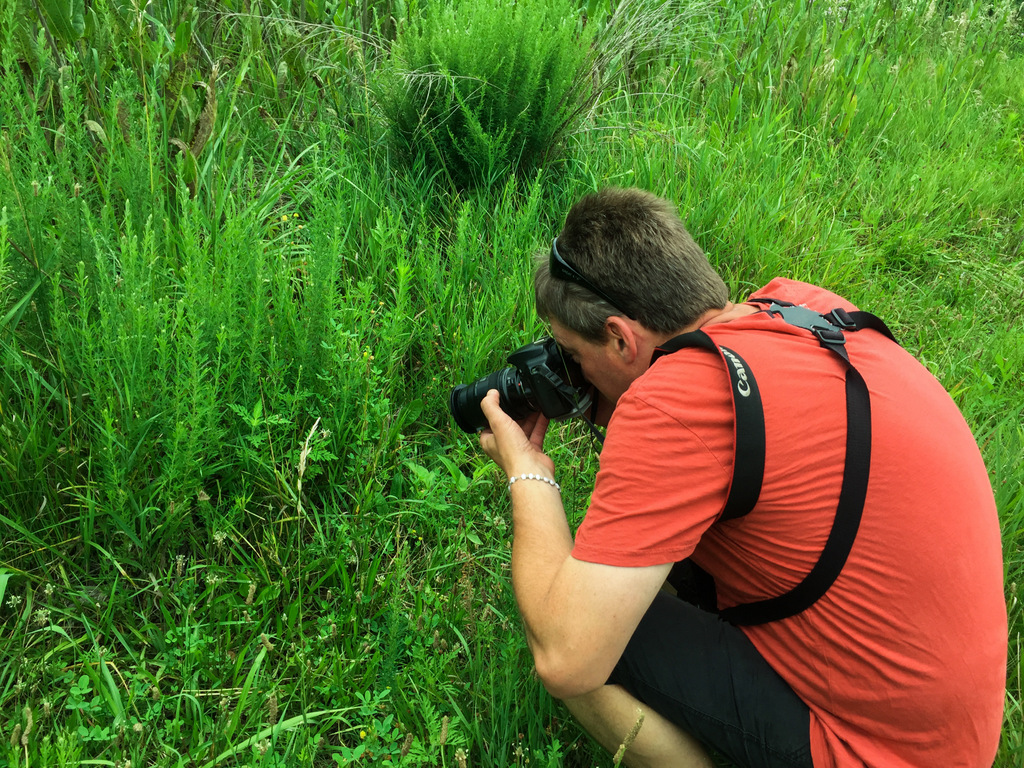
Invasive plants are everywhere and pose one of the greatest threats to ecological sustainability. They provide fewer ecosystem services than native plants while also outcompeting them for sunlight and nutrients. Invasive plants also play a substantial role in Earth’s current biodiversity crisis.
Our invasive plant mitigation services begin with an integrated management plan. Successful remediation requires having a thorough understanding of the target plant’s lifecycle and means of spread. From this, we create management plans utilizing biological, chemical, cultural, and mechanical control methods. Finally, we follow the control plan with regular on-site evaluations and amendments.
Ecometrid is certified and licensed by the State of Indiana as a commercial pesticide contractor.
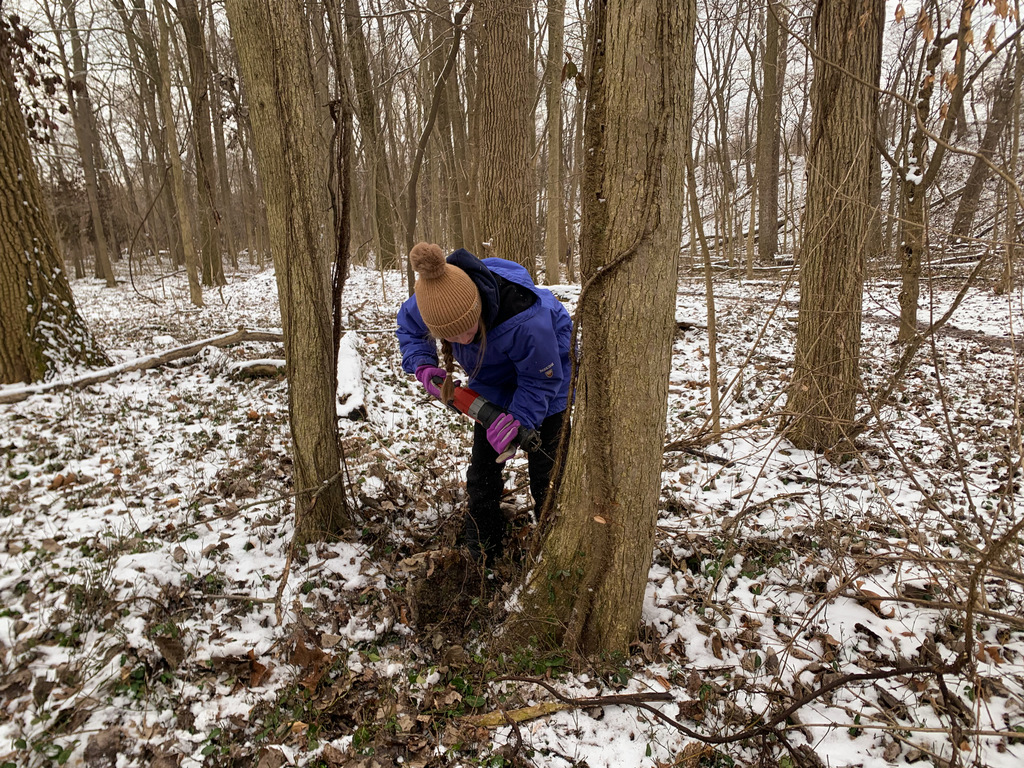
Because public perception can make or break wildlife habitat creation and restoration projects, we offer educational products and services to alleviate community concerns and misconceptions. These services include designing and producing educational brochures and interpretive signs (including installation), community speaking engagements, and communication with neighbors and government officials.
